First Quarter: Clean houses
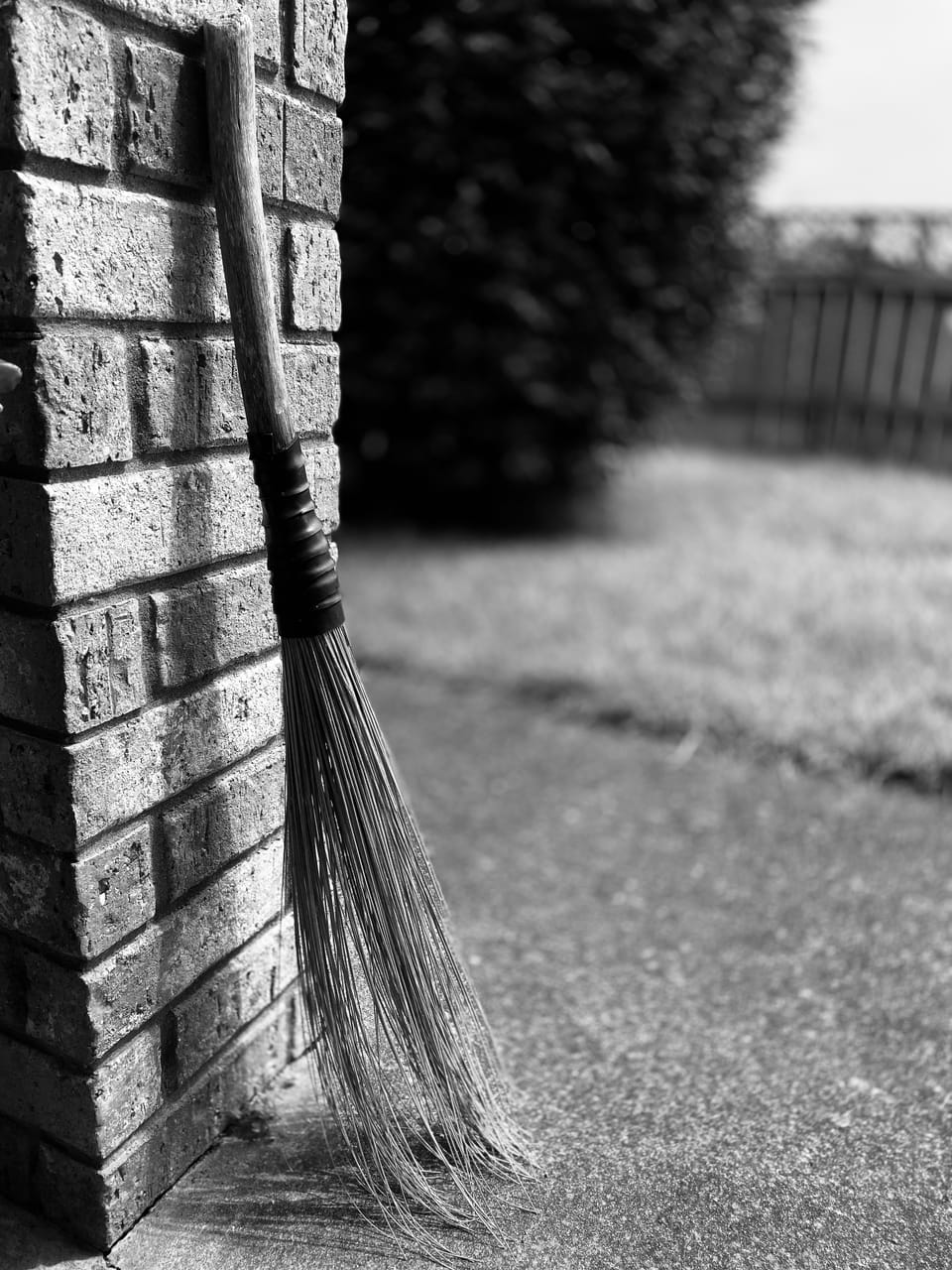
Hello. It's Friday, and although my sense of spring is still very mild, certainly we're in the weeks of purification and shedding. The tradition of "spring cleaning" comes to mind, and although I perform a roughly similar amount of all-day cleaning right before each of my eight holidays, I'm always going to feel a particular drive toward cleansing, tidying, and purging waste when the spring equinox has loomed — and with Gŵyl Fair less than a fortnight behind me, I've also recently done a notably large amount of cleaning up for the season we're still in. I didn't just have to make the house holiday-ready; I also had to go through our Gŵyl Fair ritual of removing all our prolific Jól decorations.
What's been left behind feels very austere, though not stern. Tranquil.
I've written before of how not only is all work equally work, but domestic work — homemaking — is sacred work; and I've written some details of how I've intentionally ritualized my homemaking. Now feels like the best time of year to focus my homemaking thoughts on some specifics around cleanliness.
The problem
So much of keeping a home comfortable, welcoming, and safe comes down to the routine cycle of intervening in the entropic buildup of grime, dust, other particles, pathogen vectors, and sheer clutter; some aspects of home design such as plumbing also automatically facilitate removing certain waste, but the homemaker must be prepared to service and repair this equipment in even the best-constructed dwelling, whether they manage it themselves, can afford to bring in an expert, or live there at a landlord's mercy. Staying atop all these tasks consumes lots of time, lots of energy. And besides how the demands of capitalism eat up so much of that time and energy for responsibilities that pay in currency, I often feel like capitalist logic and its effects make it difficult to create ethical, practical strategies for homemaking at all.
When someone has barely any time or energy but exactly enough money, it's beyond tempting to buy a product or hire a service that will hyper-efficiently solve a cleanliness problem. But even if it's affordable, the ultimate outcome may damage the ecosystem because the solution is too effective, like the broom of Goethe's sorcerer's apprentice, and it sterilizes things which should not be sterile, separates things which should not be separate, poisons things which should not be poisoned. Despite how the planet's life networks are being devastated by the dirtiness of pollution, cleanliness is another killer.
If you aren't yet familiar with what I mean there, I'll expand soon enough — that's largely the reason why I'm writing this post — but I've raised it in summary first as one prong of a dilemma. The other prong is that we cannot simply avoid cleaning, otherwise we'll eventually live in a dangerous amount of squalor. And if someone has barely any time or energy and barely any money, that's precisely what happens unless they're so lucky as to already be spending their time and energy on a land-c0nnected lifestyle that's as far outside industrial capitalism as anyone can manage.
So how do we clean enough without cleaning too much, and how much entropy should be allowed in our homes before we siphon out the waste and bring things back into order? I've been asking myself this for a while, but the question reared its head highest when I finally moved into a house that I owned.
Cleaning vs. tidying
One thing I'm certain of so far is that it's worth distinguishing between that which is clean vs. that which is tidy. A clean environment implies being free of contaminants. A tidy environment implies that everything is in its right place. With that in mind, we can imagine a house that's very clean because it always gets scrubbed from top to bottom, all organic waste is flushed or carried out, the people who live in it also wash and disinfect their bodies very regularly, etc. — but this house may not be tidy because the items kept within it are disorganized, strewn about, or overcrowded. Conversely, we can imagine a house that's so tidy you can find absolutely anything you're looking for, move around with ease, and be confident that every item has a purpose — but the house might not be very clean because nobody dusts, sweeps, vacuums, scrubs, or disinfects, and maybe there's even some mold growth from water damage that's never been remediated.
Naturally these are two extremes that you don't tend to encounter, and to some extent they aren't possible. For instance, an untidy kitchen usually has dishes that have piled up in the sink, and if those dishes have piled up then that probably means they need to be washed; there's no reason to put the dishes away on their shelves until they're clean, unless you perhaps operate in a deliberately absurd, Alice-in-Wonderland fashion. And if you have an infestation of cockroaches, ants, or mice, in all likelihood you both need to clean up the food they're attracted to and tidy things up so that the food can be stored in containers those animals won't access. You may also need to go a step further with the tidying and remove the sorts of clutter that mice enjoy making their own homes in, and so forth. (Whenever I've dealt with mice, there's always that wretched moment of discovering the clutter pile they've nested in, with their literal shit scattered everywhere.)
But even though cleaning and tidying generally go together, some people are better at or more patient with just one of those things — and I think the two things have different degrees of ecological impact.
Tidying is about imposing limits on physical disorder, and certainly by imposing human standards of tidiness we can shut out "unpermitted life" from our surroundings such as in the above example; but most routine tidiness choices we make in our homes are not actively hostile to non-human entities. Hoarder environments attract unwanted organisms, and yet simply having a tidy home will not repel them.
I can speak to that latter case from plenty of direct experience, as I've spent most of my adult life being quite the opposite of a hoarder[1], afraid to hold onto or collect anything that lacks clear practical or aesthetic value, and relentlessly, autistically putting everything back where it belongs whenever it's been moved, lest I have a neurotic breakdown. My standards of a tidy home do not change much between tidying just for my family vs. tidying for guests. But stringent though I am, this hasn't created a magic barrier that sends mice out of the basement and sends carpenter ants out of the den. They always get in once or twice a year. And crucially, if I just sealed up every conceivable entry point, "organizing" these animals elsewhere, this wouldn't kill them as long as the outdoor environment were reasonably abundant with their food and shelter needs.[2]
Cleaning is another matter. Cleaning requires the removal of life forms deemed intrusive, or removing the materials that allow those life forms to reproduce and flourish. This has serious ecological consequences whenever we attempt to prevent all disease from existing in our homes, or to prevent all potential pests.
Antibiosis
When we prevent harmful bacteria from growing in our bodies, we take antibiotics; the equivalent with fungi is antifungals. Antibiotics in particular are risky because we have beneficial bacteria in our bodies that may get killed by a broad-spectrum medication, and the loss of those bacteria, especially in our gut, leads to inflammatory conditions as I've directly experienced. I'm less versed in whether the use of antifungals also kills helpful yeasts, for example, but I can imagine the possibility. This isn't to say that we should never take antibiotics, but rather that even without accounting for the growth of antibiotic-resistant bacterial strains, we always need to do a cost-benefit analysis on whether taking an antibiotic is going to be worth it.
Something similar goes on with keeping an aggressively hygienic home. I'm not about to argue that we shouldn't ideally take advantage of medical technology like vaccines (which are actually based on much older, non-Western cultural traditions than many of us typically hear about) or that we shouldn't ever take baths or showers, wash our hands, or what have you. Allowing pathogens and pathogen vectors free rein over our bodies does create an excessive, even extravagant risk for suffering from incurable diseases that we could have easily avoided; it's also a fetishizing, colonial myth that pre-industrialized peoples do not keep themselves quite clean.[3] But critics and commentators of varying professional backgrounds who argue that modern, affluent people need to let their children play in the dirt more do have a real point: losing exposure to all germs creates more autoimmune conditions as immune systems fail to get sufficient practice differentiating friend from foe, and as bodies fail to be peaceably settled by the right microorganisms for our guts.
I've thought about this a lot lately through new insights offered by an excellent book, Inflamed: Deep Medicine and the Anatomy of Injustice, authored by physician-professor Rupa Marya and activist Raj Patel. The writers cover much more than the problems of gut-based inflammation, but they raise the well-studied fact that autoimmune diseases are far more common in so-called "developed" nations, and so are conditions like diabetes that derive from inflammatory diets. All these nations position themselves as more hygienic than others, and while this does bring certain benefits, there are tradeoffs from the industrialized way of doing hygiene: as Marya and Patel discuss with plenty of documentation, indigenous communities that live their traditional lifestyles — which are clean but not sterilized — have vastly healthier gut microbiomes, including much more diverse bacteria.
This information hasn't led to me tangibly reducing the amount that I clean myself or my home, but it has given me a sense of relief about how much I already haven't been cleaning myself or my home. As tidy as I am, I'm only middlingly clean — even after living through the covid pandemic. Yes, I make sure to use clean surfaces for preparing and serving food, I wash raw produce[4], I wash my hands after touching raw meat, I wash my hands after they get grimy or touch literal rot or excrement, and I often pull on gloves to take care of various dirty tasks anyway. But I only take a shower once a week, I fully wash my face only every few days, I favor hand sanitizer over an actual hand wash outside the above circumstances,[5] I clean parts of the house with sterilizing substances only every couple of weeks, and I do really thorough cleans only a few times a year; some of these are matters of executive function, sensory challenges, or time limitations more than an actual choice, but I did switch to merely-weekly showers after seeing how it actually improved my hair quality, and I've started to reassure myself that the rest of my laxness probably grants some benefit.
Now, this all concerns microorganisms. What then of larger species entering the home? Is removing them also a form of cleaning? Sterilizing? I think so, yes. It is again removing unpermitted life from the premises.
I've mentioned some of our household pests already. I am regularly in a state of distress about indoor-intruding animals — both their appearance and their removal. I haven't yet worked out what the right thing to do really is. That is to say, the best thing to do is of course to just stop them from getting in. But suppose they get in anyway. What next?
If brown ants get in, they will eat or drink whatever they can find, carry pathogens through the food-containing area, and the problem is you don't know they're around until they've already found something that they want to eat or drink. If carpenter ants get in, they'll do the same thing and cause structural damage to the building as well; if you're lucky you might notice they've left frass around without actually seeing them, but if they're leaving frass the damage is already underway, and you won't convince the colony to move elsewhere. You can let spiders catch insects like these for you, but they won't take care of the whole infestation. I don't think it's realistically possible to coexist with ants in the house. I leave them alone outdoors; actually I think ants are very interesting and like to watch them there. But once they come in, if I notice them then the poison baits come out.
Is that the best thing to do? I don't know. Ants are unlikely to ever be endangered, and as I've established before I don't think that balanced ecosystems are ones where nobody dies. But death by poison is often unpleasant, and while ant poisons can have a limited effect on just the colony they're targeting, I still can't rule out some harmless insect intruder coming along, eating the same thing, and also dying.
Leaving that paradox unresolved, I consider the mice again. We don't have an infestation at the moment, but I've lived with one elsewhere and it really is a human health hazard. I never want to experience that situation again. However, we don't keep outdoor bait stations these days, because otherwise poisoned mice will be running around outside, getting eaten by other animals such as raptors and slow-poisoning them in turn. We also have stopped replacing indoor bait stations, because otherwise poisoned mice will be running around getting eaten by cats. And again, poison is a terrible way to die. If we ever suspect there's more than one mouse in the house and one of our cats isn't able to kill it — as cats were essentially bred to do[6] — I would frankly be tempted to try snap-traps, but then we would have to routinely check them, clear them out, and reload them. Live traps are the same problem, and though much kinder, if you don't dump the mice very far from the house they will simply come back in however they arrived before. Right now we are trying out just relying on feline patrols.
Is that the best thing to do? Again, I don't know. If it's not sufficient, we will have to make difficult choices. Both of us humans in this house love rodents in principle. We would like to kill none of them. But mice innocently going about their own lives can also kill or sicken us, too.
There have been other animals here. When we moved in, we had bats in the attic. We had to install a one-way bat door during the right time of year to clear them out. That's more like tidying than cleaning, since we just restricted access, but bats' habitats are so threatened, they do deserve having safe shelter. My owner and I resolved to eventually build a bat house on this plot. But we haven't done it yet. Is that a moral debt we're in now? Quite possibly.
We have also dealt with honeybees starting a hive in one of our window frames, and cleaning them out almost certainly resulted in some bee deaths even if many bees survived. We have dealt with wasps making nests not in the house but so close to the house that it would be a hazard to do any sort of normal activities or walk around right in that area. I was stung by a dozen yellowjackets two years ago in a nest that got kicked up by mistake. Clearing out any newly spotted wasp nest also incurs wasp death. Spraying the house exterior with pesticide to deter bees and wasps (or ants for that matter) causes harm not only to those insects but also to helpful insects, and of course we'd like to kill as few bees as possible. Oh, hell, even as few wasps, as there are beneficial ones, though I do have a violent personal grudge. Last year with the bees, in any case, I tried performing a ritual of apology to mend relations with them, but I don't know if that did any good. We'll see where bees build a hive this year.
On septic systems
All the things I've spoken of are ambiguities, open questions. I'm not giving actual suggestions to anyone on how to "cleanly clean." I'm only wondering about what to do. Everything feels so uncertain, part of my complex decolonial process, and I often ask myself what's real common sense vs. what's colonial common sense.
There's one thing I do know for sure, which is I've learned a lot about balance through maintaining a septic system over these past few years. "Maintaining" is misleading: the real trick with a septic system is to not actually do that much. Just keep putting piss and shit into it, with biodegradable things like toilet paper, non-greasy/non-clogging food waste, etc., and the septic tank will stay rich with decompositional bacteria that will break everything down into the slurry that reaches the leach field. The less you put in besides these items, the better.
But of course, cleaning products do need to go somewhere, and they typically go down the drain. Many cleaning products you buy in stores will have something saying whether they're septic-safe or not, but these are almost never the strongest substances. You can clean many things with vinegar, baking soda, and/or citric acid, but those substances aren't as powerful as bleach. It turns out that a very, very small amount of bleach going down into the septic system every now and again isn't catastrophic; but the more you use it, and the larger the amount, the more likely that this bleach will kill all the septic bacteria and incur a cost ranging in the tens of thousands of dollars. Bleach going into the local ecosystem through the leach field is also not coincidentally rather toxic! And the same goes for other cleaning products that contain phosphates, for example.
If it's harmful to a septic system, it's harmful to the environment. I think that's a pretty worthy rule to start with. So although the harshest cleaners aren't completely banned from our home, I do go with the gentler ones most of the time. And I'm constantly learning more ways that plain vinegar can be applied.
Vinegar — a cleanser, but one that could only be made through letting something get contaminated by fungi and bacteria.
Our houses and our gut biomes are really not that different.
[1] My anti-hoarder tendencies do not stem from a tidy childhood but rather from living with my abuser, who was a hoarder par excellence. While my parents didn't spoil me with every conceivable object I wanted, I was a packrat unable to let anything go; I managed to keep my room navigable, but I saved all kinds of things that were past due to give away to someone in more need, and every raised surface just had far too much stuff on it. Once I lived in a hoarder's dwelling for a couple of years, with absolutely useless consumer rot constantly coming in for no reason, with virtually geological layers of garbage stacking in the corners of every room, I came out of that experience not only vowing to never live under such conditions again but also to periodically get rid of anything I no longer had use for — to use the trendy Marie Kondo phrase, anything that didn't spark joy, even if it once did. For the most part, I'm content with this choice, but it does lead to some challenges as I've occasionally misjudged and gotten rid of things that would have been helpful or did mean something, and the amount of stress I experience over someone picking up roadside finds or auction house lots is disproportionate trauma logic even when I'm correct that the items aren't necessary or that there wouldn't be time to put them to use for months-to-years.
[2] Worth noting that "building barriers to wildlife does no harm" becomes less relevant when scaling beyond one's actual dwelling to the surrounding landscape. Roads, fences, dams, and other structures that create borders or sever connections all can create major ecological problems when humans build them without awareness and accommodation around species that need to pass between different areas, or things that need to pass between different species. It's very possible to do this sustainably, even though doing so does entail doing it less, but industrial capitalism ignores such considerations. Outside of my literal house — where as a human I deserve my own safe habitat as much as anything else does — I am trying to exercise a welcoming attitude toward all non-invasive species that pass through "the property," so called, whether or not they decide to stay long-term, as long as their presence isn't an immediate and disabling-to-lethal danger as discussed elsewhere in this post.
[3] Non-imperial peoples are in fact just as known for cleanliness technologies as their imperial invaders are. A very funny example comes from antiquarian Europe, where "advanced" Romans culturally preferred to clean themselves through immersion in hot water and then exfoliating their skin with oil and scraping implements; they did not use soap at all. That's not to say the Romans didn't get clean, but their "barbaric" neighbors like the Celts and Goths absolutely used and loved soap, which the Romans themselves disparaged as a strange practice. Somehow this fiction has persisted into modernity as we are taught that medieval peasants were constantly filthy and hated bathing and didn't even know what soap was. They certainly did know what soap was, especially in the cultural backwaters of Britain, and European aversion to washing one's body actually developed through a bout of Protestant misinformation and loss of access: because washing usually happened in public bathhouses at the time, as outbreaks of the bubonic plague (and STIs) began to be correlated with bathhouse congregating these public spaces were closed... and puritanical reasoning claimed that washing itself was the problem.
[4] Though this is more about removing pesticides from non-organic produce. I'm sadly a little erratic about remembering to wash organic or homegrown fruit and vegetables; let this be a call to myself to remember more often.
[5] As with the above footnote, I debated whether to admit this here. I am well aware that many people place a high premium on constant, multiple-times-daily handwashing; it can be pandemic-created anxiety but also there are multiple cultures that value clean hands. Without context, I worry that saying I don't wash my hands very much will suggest I also don't even think germs are real, or that I sit down for meals with bodily fluids coating my fingertips. But while those statements couldn't be further from the truth, in the spirit of total transparency that I generally keep in this newsletter I do feel as though I should "come clean" about ways in which I'm less than clean. Hand washing is an autistic sensory hurdle that I don't surmount easily, and I haven't yet figured out how to change it. So far, it hasn't led to me being sick more often than other people I know as an adult — perhaps because I still practice overall food safety, have various vaccinations, use air purifiers and filters, already got sick so much from my childhood asthma/upper respiratory inflammation that I've got an extensive antibody collection, and nowadays I wear a mask around potentially infectious respiratory patients (or the infectious respiratory patients I know wear their own masks around me) if we anticipate prolonged close contact. I've also gotten sick less often ever since I started working at home. Maybe I still should wash my hands more, but I raise all of this to suggest that being imperfectly hygienic does not automatically lead to disaster. We can each get away with more or less hygiene depending on our overall lifestyle. These things are complicated.
[6] Sometimes cruelly, but the ethics of keeping any cats is a tangent that I won't wade into today.
Thank you for opening and following my words yet again, even when the footnotes rival the actual post for length. Next week due to lunar timing I'm writing a second First Quarter post just for paid readers, focused on the craft of smithing and the magic of metals. The week after is also going to be paid-only reading — on a subject I can only describe as exquisitely kinky.

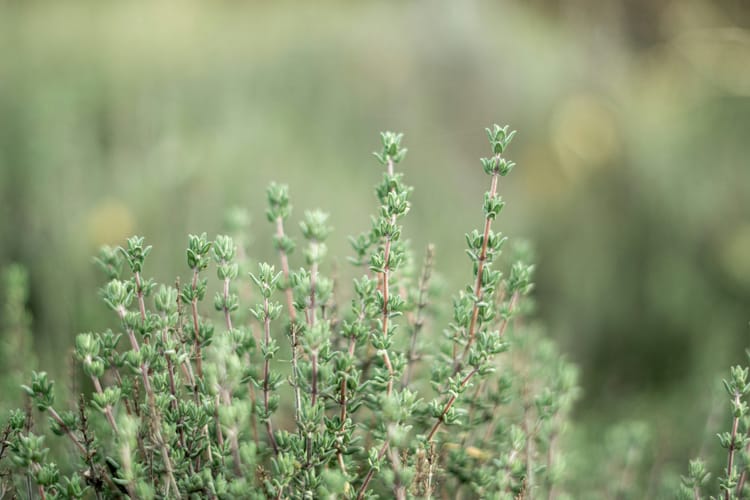
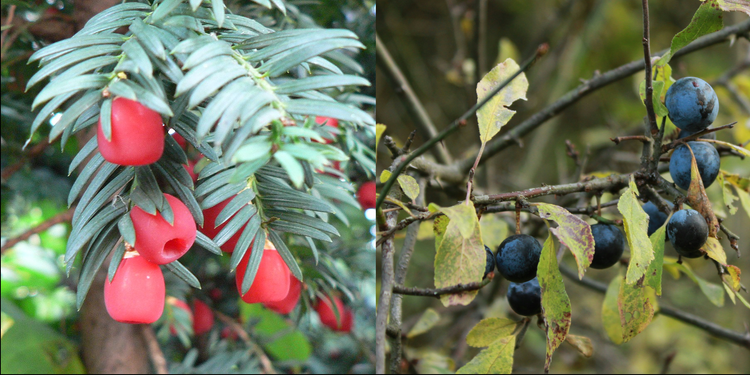
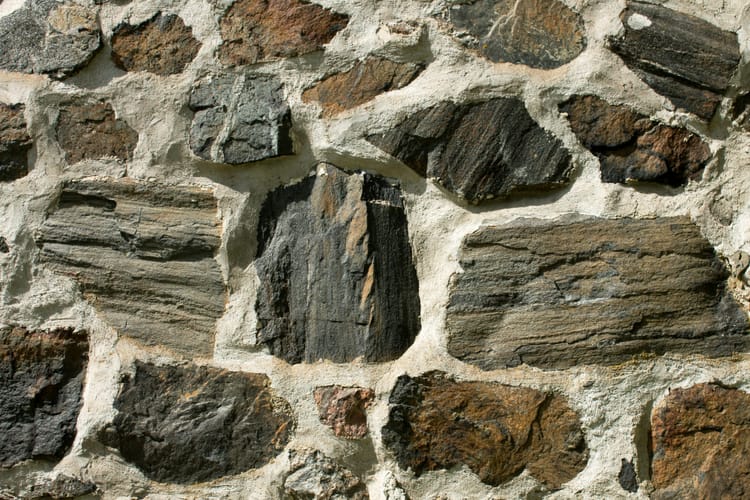
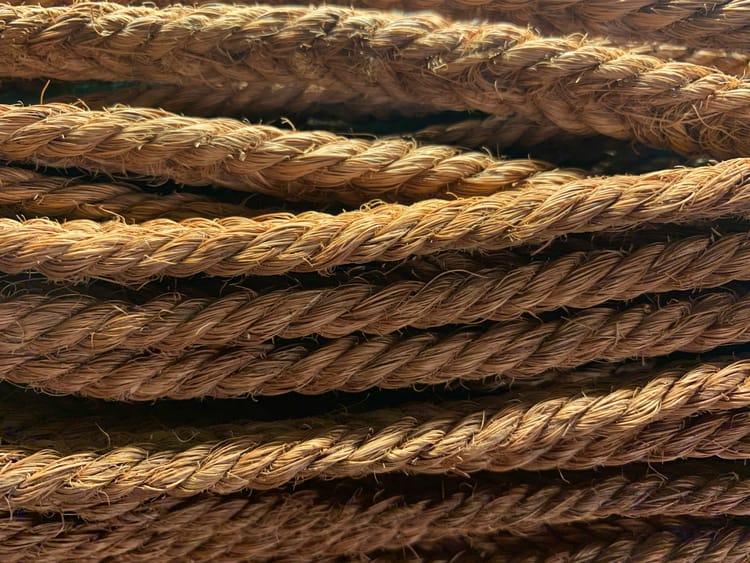
Member discussion